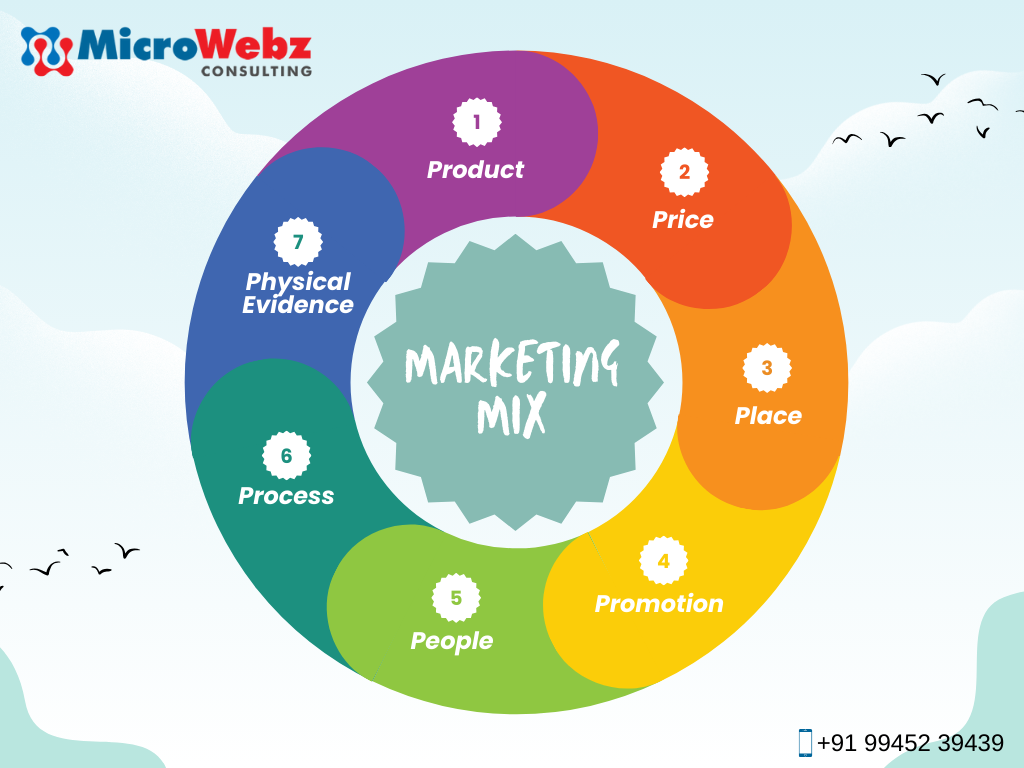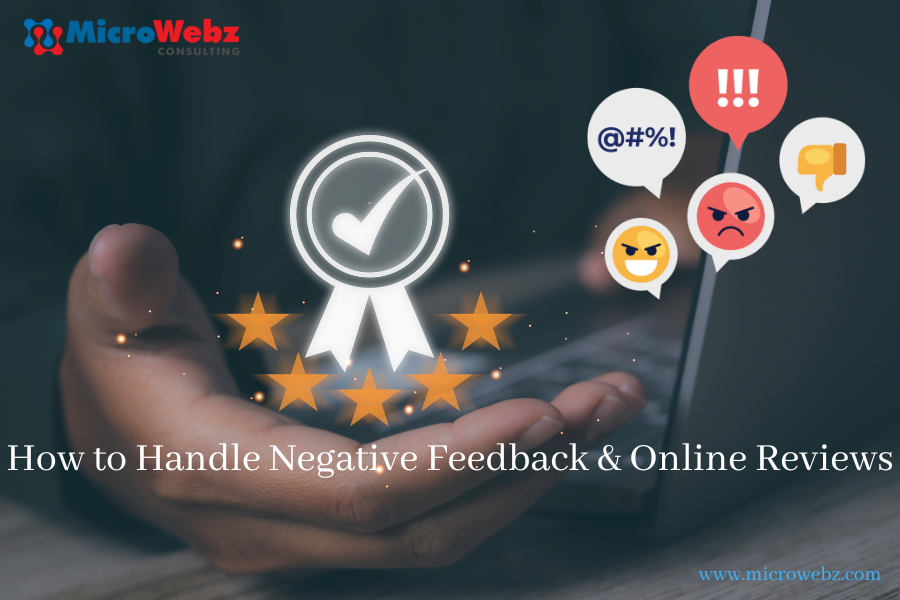
How Small Businesses Can Compete with Big Brands Online
In the digital age, small businesses no longer need a massive budget to compete with big brands. With creativity, strategy, and smart digital tools, they can carve out a niche, connect with their target audience, and even outperform larger competitors in some areas. Here's how:
1. Build a Strong Brand Identity
Big brands have established identities, but small businesses can offer authenticity and relatability.
- Create a Unique Value Proposition (UVP): Clearly define what makes your business unique.
- Be Consistent: Use consistent logos, colors, and messaging across your website, social media, and email campaigns.
- Show Personality: Share your story, values, and passion to build an emotional connection with customers.
2. Focus on Local SEO
Big brands dominate general searches, but small businesses can win locally.
- Claim Your Google My Business Profile: Ensure your business is listed and optimized for local searches.
- Use Local Keywords: Incorporate location-based keywords in your website and content.
- Get Reviews: Encourage happy customers to leave positive reviews, boosting your online credibility.
3. Leverage Social Media Smartly
Social media levels the playing field, offering a cost-effective way to reach your audience.
- Engage with Followers: Respond to comments, messages, and reviews to build relationships.
- Focus on Platforms That Matter: Invest in platforms where your target audience spends the most time.
- Collaborate with Micro-Influencers: Partner with local or niche influencers who resonate with your audience.
4. Create High-Quality Content
Content marketing helps small businesses establish authority and connect with their audience.
- Blog Regularly: Write blogs addressing common customer questions or pain points.
- Use Video Marketing: Create videos showcasing your products, team, or customer testimonials.
- Leverage User-Generated Content: Share photos, reviews, or stories from your customers.
5. Offer Exceptional Customer Service
Smaller businesses can excel in personalized customer experiences, which big brands often lack.
- Be Responsive: Address inquiries quickly on social media, email, and chat.
- Go the Extra Mile: Personal touches like handwritten thank-you notes or follow-up emails make a lasting impression.
- Ask for Feedback: Show customers you value their opinions by improving based on their suggestions.
6. Use Paid Advertising Strategically
While big brands may have bigger budgets, small businesses can use targeted ads effectively.
- Start Small: Use platforms like Google Ads and Facebook Ads to target specific demographics.
- Retarget Customers: Show ads to people who have visited your website or abandoned a cart.
- Track ROI: Use analytics to ensure you're getting results for every dollar spent.
7. Build Partnerships and Collaborations
Partnering with other small businesses or complementary brands can amplify your reach.
- Cross-Promotions: Share each other’s products or services with your audiences.
- Host Events or Webinars: Collaborate on events to engage local or online communities.
- Leverage Affiliate Marketing: Work with affiliates who can promote your business for a commission.
8. Be Agile and Innovative
Big brands can be slow to adapt, giving small businesses the edge.
- Test New Strategies: Experiment with trends like live shopping, interactive content, or NFTs.
- Adapt Quickly: Respond to market changes or customer needs faster than larger competitors.
- Stay Authentic: Authenticity resonates with modern consumers, setting small businesses apart from impersonal corporations.
9. Leverage Analytics and Tools
Big brands use advanced analytics, but affordable tools can give small businesses similar insights.
- Monitor Website Traffic: Use tools like Google Analytics to understand customer behavior.
- Track Social Media Performance: Platforms like Hootsuite and Buffer can analyze your social campaigns.
- Automate Marketing: Tools like Mailchimp or HubSpot streamline email and CRM processes.
10. Build a Community Around Your Brand
Foster a loyal customer base that supports your business beyond just purchases.
- Start a Loyalty Program: Reward repeat customers with discounts or perks.
- Create a Facebook Group: Build a space for your audience to interact and share their experiences.
- Engage in Social Causes: Support causes that align with your values to connect with socially conscious consumers.
Conclusion
While competing with big brands online can seem daunting, small businesses have unique advantages. Their agility, authenticity, and ability to form personal connections can make a significant impact. By leveraging digital tools, focusing on their niche, and consistently engaging with their audience, small businesses can not only compete but thrive in the online space.





.png)
.png)
.png)


